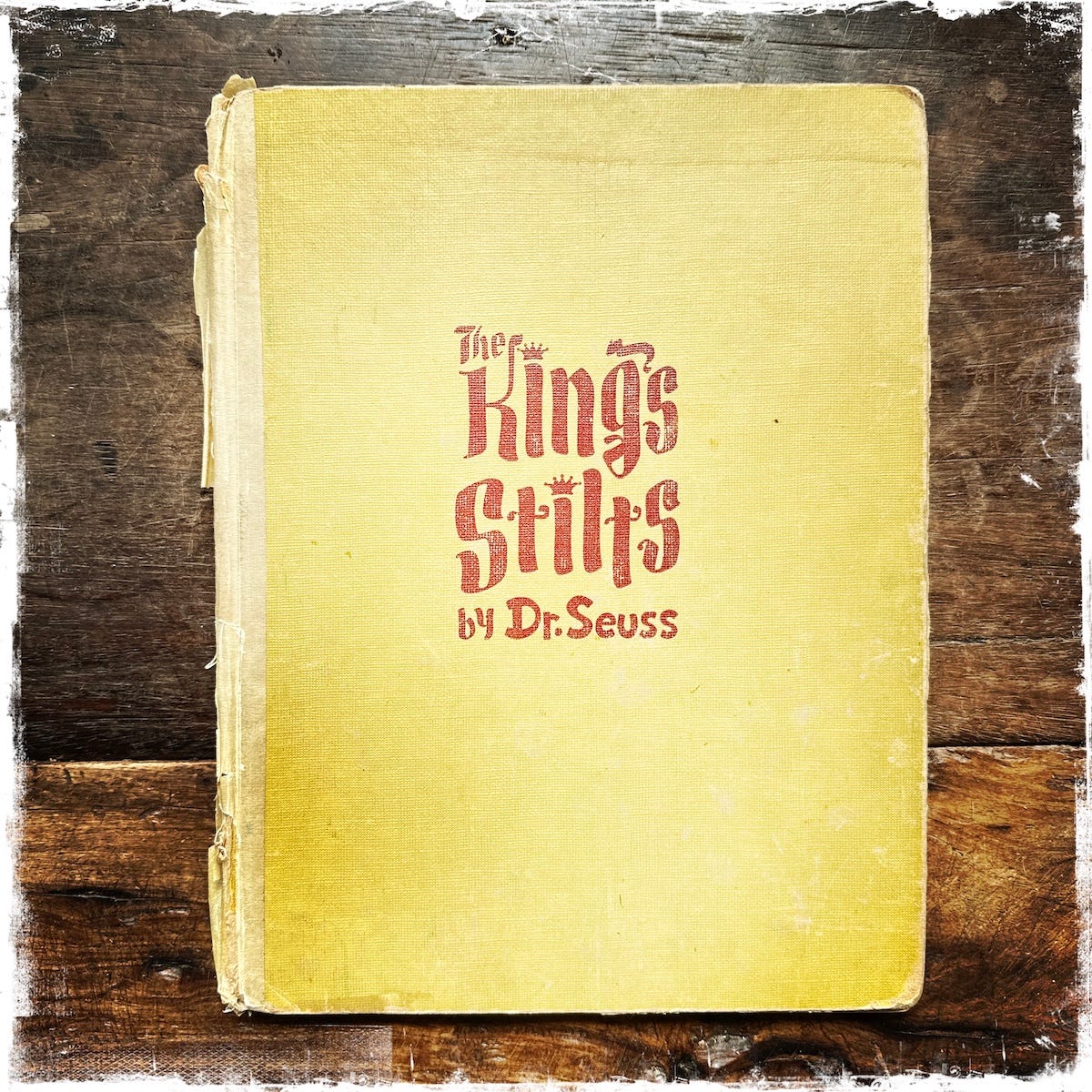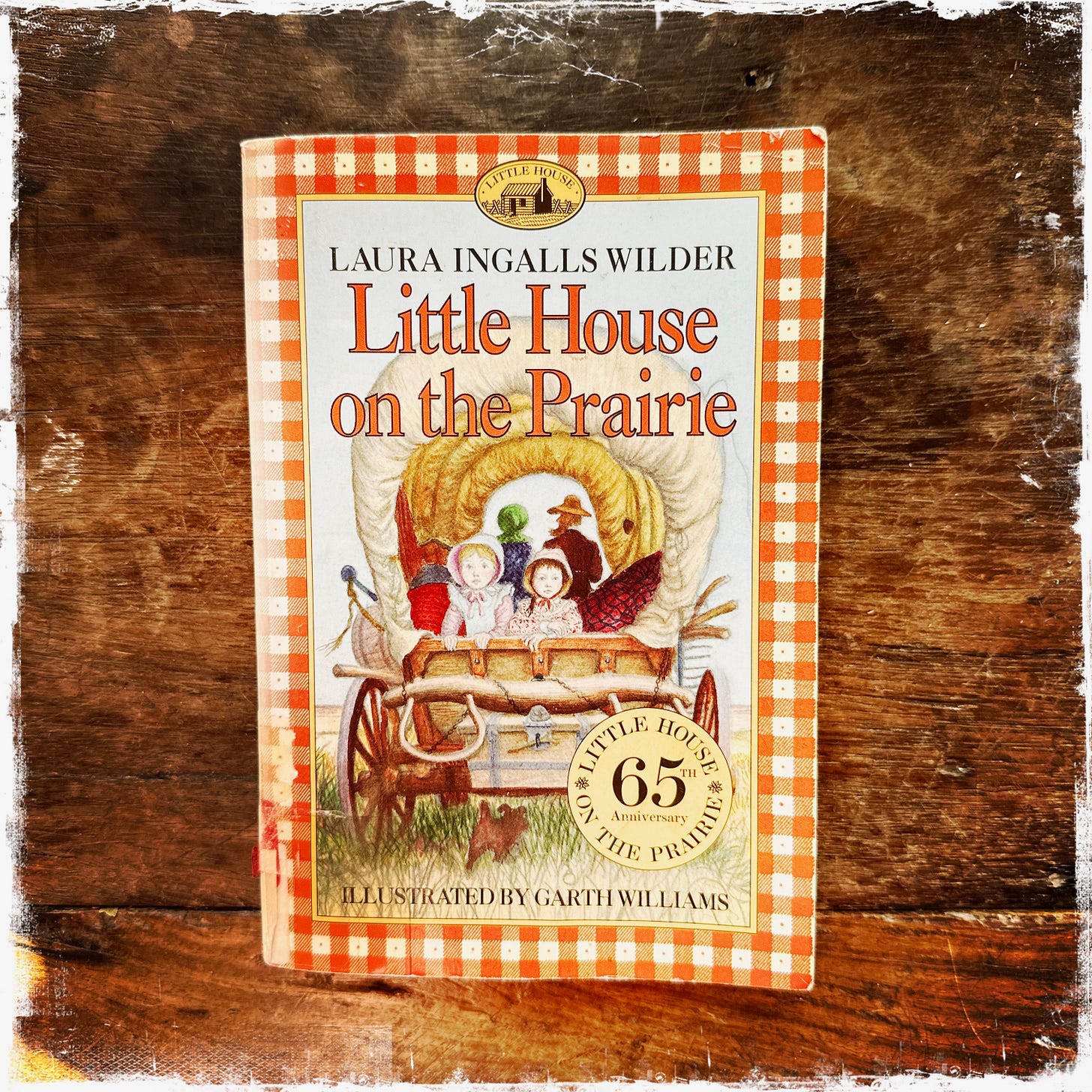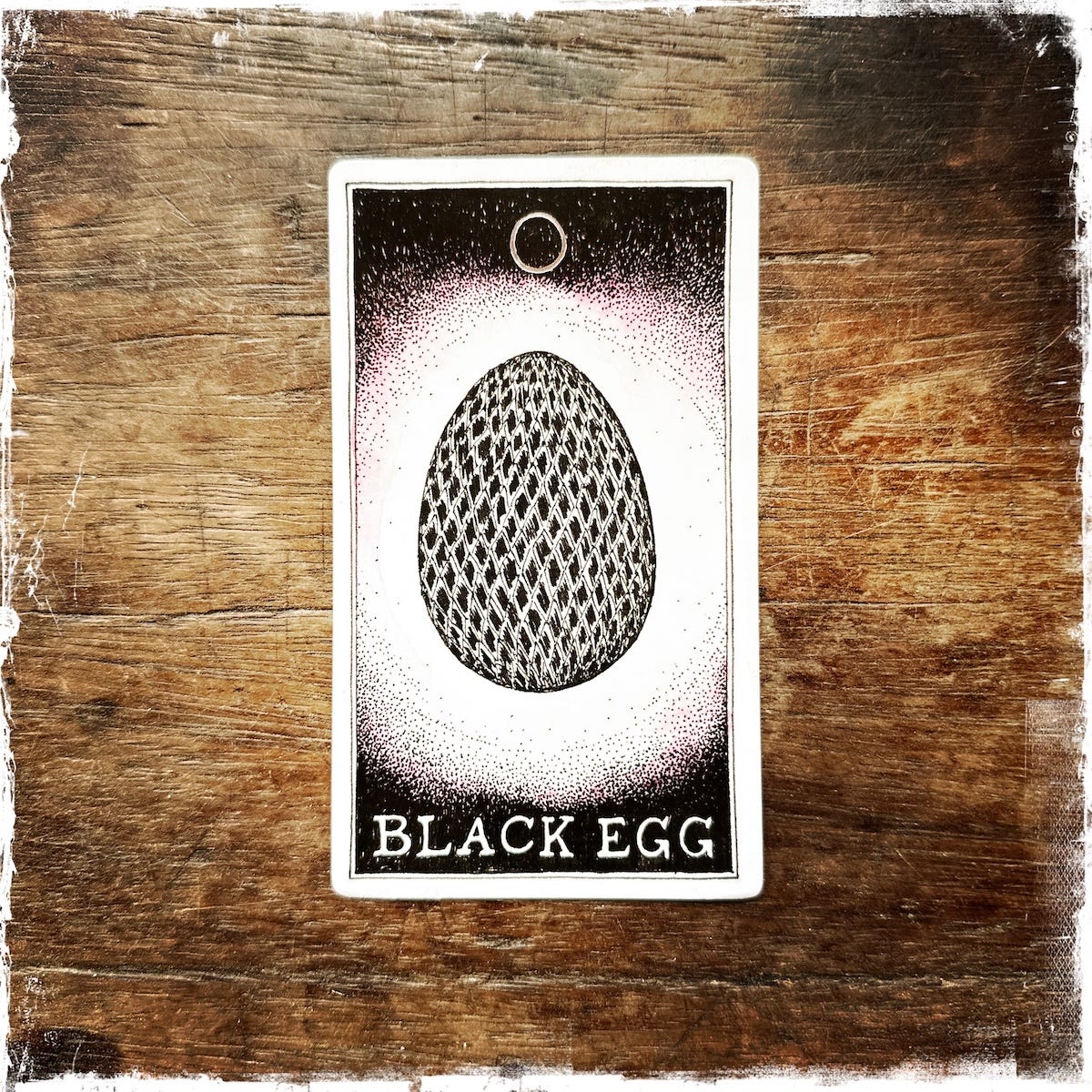This post was inspired by “Little House on the Prairie.” I know it sounds lame, but please hear me out!
For as long as I can remember, I’ve loved reading stories. Mostly fiction.
Reading and writing were my favorite subjects in school, and I preferred stories to nonfiction books about science, history, geography, etc. I do enjoy a good historical fiction book.
I can still picture the library in the northwest Detroit neighborhood where I grew up. If I walked in there today, if it still exists, I think I could find where the Madeline books were shelved.
Ditto “The King’s Stilts” by Dr. Suess, which I would check out of Emerson Elementary so many times that Mrs. Dixon, a teacher there who lived across the street from us, gifted the library’s copy to me when I was sent to a Catholic school for second grade. I still have the book in my possession.
I would read my favorites over and over again.
The same goes for movies. When I lived in the city, I would walk to the theater almost once a week. The last movie I saw in a theater was Greta Gerwig’s version of Little Women, based on one of my favorite books ever. I saw it three times when it came out in 2019. I miss going to the movies. It was the one time I would sit still, engrossed in the story playing out before my eyes.
As I got older and wiser, I became really careful about what I let into my eyes and ears. I’m one of those highly sensitive empaths who definitely need to filter what I allow in.
I have a list of movies I wish I’d never seen or books I wish I’d never read. Certain scenes are burned into my brain. Now, if I watch a movie or show on TV, my remote is at the ready.
And then 2020 rolled around and, oh my, was I the only one busy going down rabbit holes and learning how much we’ve all been programmed, especially when Hollywood and the media are involved? I don’t think so. I’d already given up watching mainstream media years ago. When I lived in NYC, I ditched my television for several years, but eventually, it found its way back into my life, mostly so that I could watch movies.
All of a sudden, I felt like I couldn’t just watch a movie or read a book without judging it for what it might be doing to my psyche and everyone around me. I had to be on high alert in case I was being programmed. It didn’t matter if it was fiction or nonfiction—who can trust history anymore? Can we believe anything they taught us in school?
Are those wonderful actors bad actors in real life? Were the child actors treated kindly?
Just typing this is making me feel, well, paranoid. :)
When I moved to New Hampshire in 2020, the first person I met was my friend and neighbor, MJ Pettingill. A writer and historian, we sat in her studio one day, and I learned all about the orphan trains. I was clueless.
And then, sadly, the connection was made between that wretched part of our history and some of my favorite books from childhood written during those years—all about orphans. There was Anne of Green Gables, Heidi, Pollyanna, David Copperfield, and Jane Eyre.
Well, for almost four years, I stopped reading my beloved fiction books. And since moving from Jersey City, where I could walk or take a five-minute ferry ride to the movies, I still haven’t been inside a theater since seeing “Little Women.”
But, this past winter, my friend and fellow bibliophile, Pamela, inspired me to start reading fiction again. She generously sent me a stack of books that she’d read, and I finally got my library card from our little local library. I was unstoppable and need I say, in fiction heaven.
You see, I refuse to throw the baby out with the bathwater.
When winter was in full swing, and I was gushing about how much I loved it, my daughter sent me her copy of “The Long Winter” by Laura Ingalls Wilder. I had read The Little House series as a child and, later, to my children.
I savored the story, and since then, I’ve been revisiting the rest of the books.
But I didn’t stop there. One day, that old black screen that I like to ignore was on, and I saw that the TV series “Little House on the Prairie” (1974-1983) based on The Little House books, was still in syndication. Of course, I jumped in head-first and began watching it.
I took my time with it, watching an episode here and there, and finally finished it last month. I had just a vague recollection of it because it aired while I was in my 20s, so it likely wasn’t high on my list.
But, at this time in my life, I have to admit that it had a significant impact. I’m not gonna lie, there were many episodes when I sobbed like a baby. The show was well-cast, and although dated, even the scenery looked real (for the most part.)
As it turns out, the show was very loosely based on Laura Ingalls Wilder’s life, and many major plotlines took great liberties with her story. That being said, kudos to the writers of the show - they did an amazing job.
“Little House on the Prairie” dealt with a wide variety of subjects—first and foremost, the poverty and hardship of the pioneers, alcoholism, religion, prejudice, and the abuse of the Indians on whose land these stories unfolded.
That’s just to name a few. Of course, the stories were interspersed with many lighthearted episodes. Family was a huge part of the story. When I told a younger friend of mine that I was watching it, she said that some of the episodes she remembers as being really hard to watch as a child.
The trailer, of course, is mostly lighthearted…
I can’t help thinking, as I write this post, that Laura Ingalls Wilder would have been a child herself when the orphan trains were running. Her family was dirt-poor, and she could have easily found her way onto one of those trains. Indeed, there is a character named Albert in the TV series (not in the books) who was part of the orphanage system. I wonder if the writers had the orphan trains in mind.
I was in the library last week, looking for a copy of “Caroline: Little House Revisited” by Sarah Miller. It’s a work of historical fiction based on the life of Laura Ingalls Wilder’s mother.
I guess I’m a little obsessed.
Well, the librarian mentioned another book that might interest me titled “Prairie Fires: The American Dreams of Laura Ingalls Wilder” by Caroline Fraser. She has probably been getting a chuckle out of me checking out the children’s books. :)
How timely is this meme?
So, opening up the “Prairie Fires” book is when my fiction-loving self went tumbling down a pioneer rabbit hole of truth.
Oh my. No candy-coating here. This is a well-researched book with some hard truths about this story and what was happening in our country during those years.
The Ingalls family were basically squatters on Indian land, thanks to dear old beloved Pa, Laura’s father. Forever battling poverty, ruined crops, locusts, and prairie fires - one disaster after another, Charles Ingalls would uproot his family over and over and travel by covered wagon to find a more prosperous place to live. He never did find it, it seems.
It’s hurting my heart reading this book—especially because it’s nonfiction. Maybe that’s why I have always been drawn to fiction intuitively. Maybe my head prefers being buried in the sand. Not that fiction isn’t also filled with stories of hardship and trauma.
But, I have a sun in Sagittarius and we are hopelessly about the Truth. In fact, I often like to pull an Oracle card from my favorite deck before writing a post, and this is what turned up. You just can’t make it up.
BLACK EGG
SPEAKING FROM AN AUTHENTIC VOICE, THE TRUTH
“The Black Egg contains one of life's essential treasures – – the truth. Inside of it resides no confusion, excuses, small talk, noise, or lies (not even white ones). This living and breathing vessel harbors only that which rings true. When this essence is in balance we speak slowly and clearly. We are drawn to activities like writing, reading, teaching, singing, or perhaps public speaking. Sounds draw us in, books draw us in, the concept of truth itself draws us in. We start asking questions like “What do I know to be true about myself?” and “What is true about the world?” When the energy of the Black Egg is not yet accessed we speak from an unsure place. We say things others want to hear, gossip, or repeat stories to justify our subpar behavior. We might even try to convince ourselves that we have no inner truth at all. The energy of the Black Egg hovers and waits for us to reconnect. It is available at every moment, in every situation. It's the epicenter of truth, the birthplace of our voice.
THE BLACK EGG AND THE FIFTH CHAKRA
The subtle essence of this card resides at the base of the throat, at the Vishuddha chakra. The ancient sages saw this center as the hub that governs our speech and expression. Vishuddha translates as “especially pure.” The balance of this center is important for all of us, but is especially essential for writers, editors, musicians, and teachers.
—Kim Krans, The Wild Unknown Animal Spirit Guidebook
As much as I love fiction, I’ve never had any desire to write fiction. And it’s ironic that what I write about mostly are just my own true stories. In a million years, being as private a person as I am, I never imagined I’d be doing that.
I’ve been mulling this post over for months and was talking about it with a friend—another fiction lover. She said something about good fiction stirring empathy in us. I also think that there’s something wonderful about getting lost in a story. Not everything we read or watch has to be like the news.
One of the last books I read was “The Keeper of Hidden Books” by Madeline Martin. It was a difficult read in many respects. My own mother was of Polish heritage, and it’s sad how little I know of Poland’s history.
“The Keeper of Hidden Books” is a timely novel based on the brave librarians of Warsaw during the German Occupation of WWII who risked their lives to save books and Polish culture from being erased from history.
—Eliza Knight, USA Today
Towards the end of the book, these lines leaped off the page at me:
“But that wasn’t all she realized in poring over those pages. The dire importance of their Bandit Book Club struck her anew. And why Hitler so feared the books he banned. There was power in literature. Brilliant and undeniable. Books inspired free thought and empathy, an overall understanding and acceptance of everyone. In the pages of books that were burned and banned and ripped apart for pulping, Sofia had found herself. These were the parts of her that were human and strong and loving, parts that understood lives she had never led.”
—“The Keeper of Hidden Books” by Madeline Martin
Here’s to getting lost in stories - fiction or non.
Much Love,
Barbara
Thank you for your heartfelt comments, your subscriptions (free or paid), or just for stopping by and reading or listening to The Quaking Poplar 🌳!
Or…









I also have books that I revisit, some of them children books, yes. Rereading a book that has made an impact in your life is like spending time with an old friend. One who knew you when you were of a certain age and of a certain philosophy. And then, like a good old friend, it lets you discover something new about yourself. I have so many books. Some I know now, I’ll probably never get around to reading. But sometimes I go to my shelf and let one call out my name. They know when to enter your life. Whether I think it’s early or late, it’s always on time.
I loved this post, Barbara. Thank you.
I love this genre of fiction too. Interesting about the orphan trains and learning the background of 'The Little House on the Prairie'.